2022 EECS Awards

It’s the summer of 2022, and we want to celebrate the accomplishments and contributions of our incredible EECS community by sharing some of the awards given by the department this year. Congratulations to all the winners!
Seth J. Teller Award for Excellence, Inclusion, and Diversity
Justin Solomon, Professor
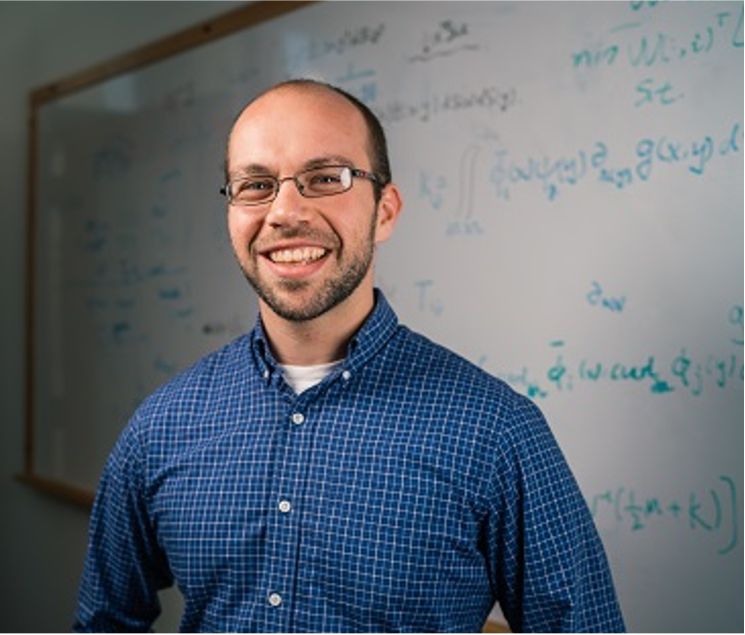
Seth J. Teller Award for Excellence, Inclusion, and Diversity
Rachel Holladay, EECS PhD Student and Teaching Assistant
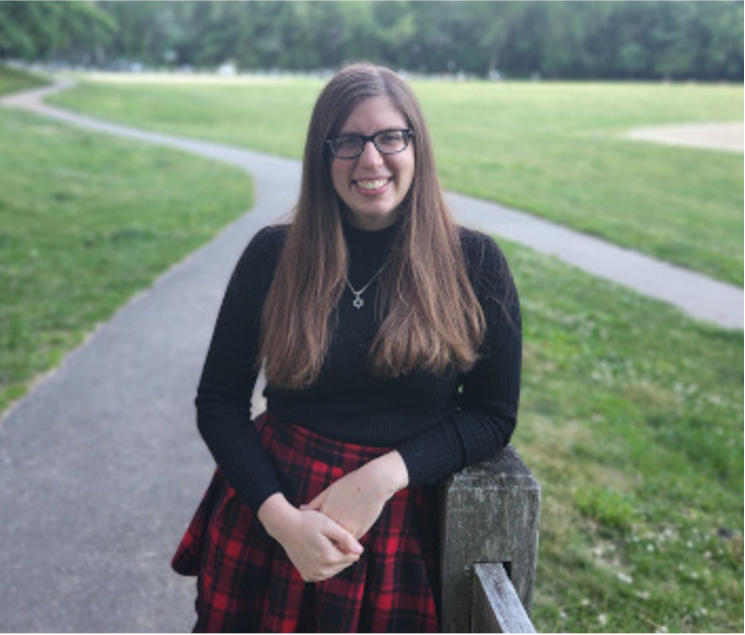
Teaching Awards
Burgess (’52) and Elizabeth Jamieson
Award for Excellence in Teaching
Srinivas Devadas, Edwin Sibley Webster Professor

Burgess (’52) and Elizabeth Jamieson
Award for Excellence in Teaching
Karl Berggren, Professor of Electrical Engineering

EECS Outstanding Educator Award
Farnaz Niroui, Assistant Professor of Electrical Engineering
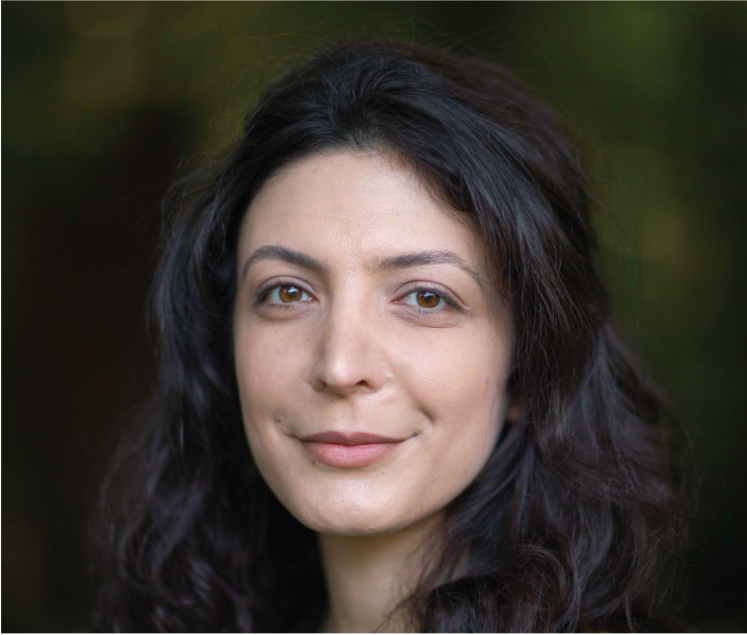
EECS Outstanding Educator Award
Silvina Hanono Wachman, Principal Lecturer
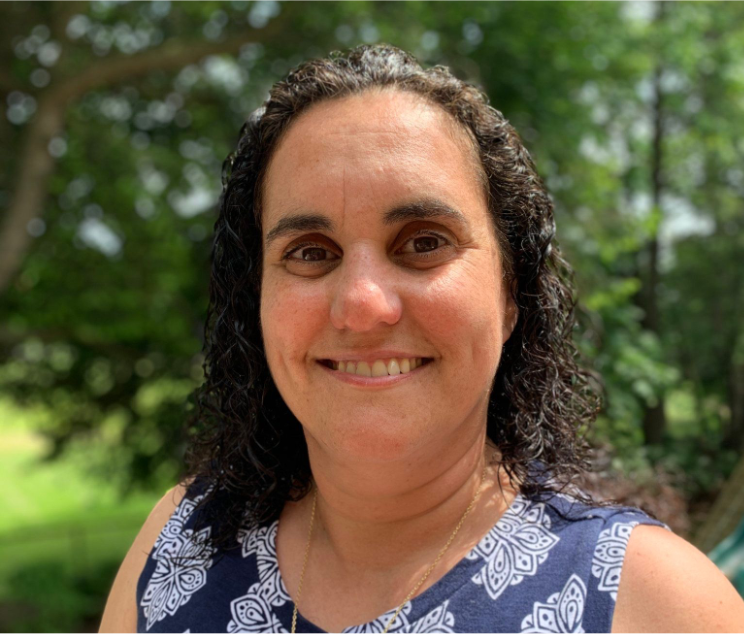
Jerome H. Saltzer Award for Excellence in Teaching
Jehangir Amjad, Lecturer
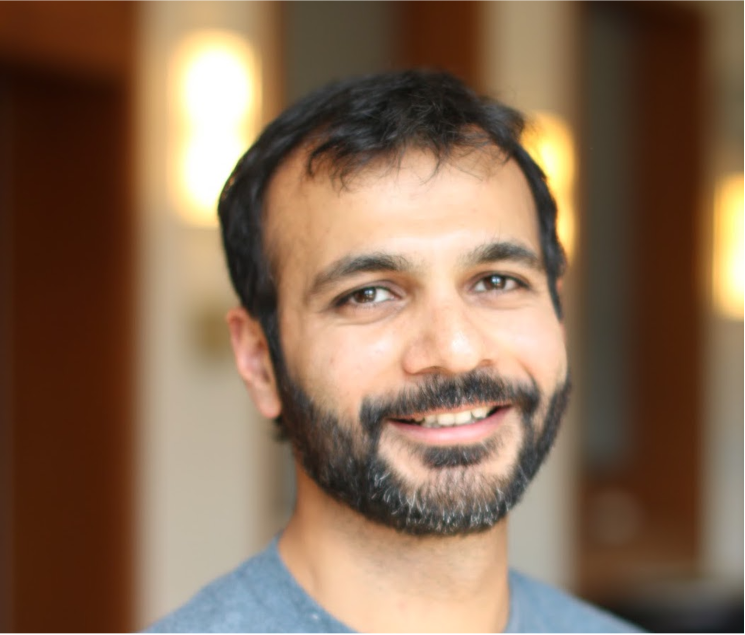
Kolokotrones Education Award
Adam J. Hartz, Senior Lecturer
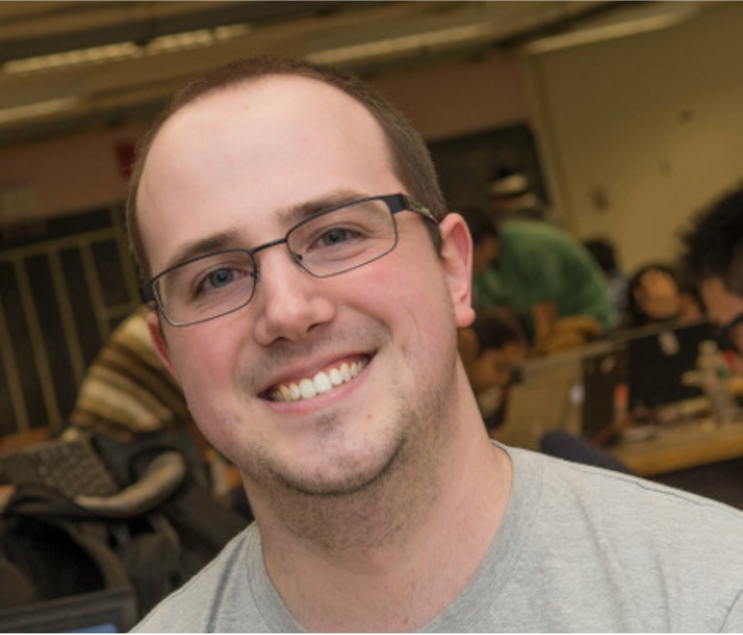
Louis D. Smullin (’39) Award for Excellence in Teaching
Yael Kalai, Adjunct Associate Professor of EECS
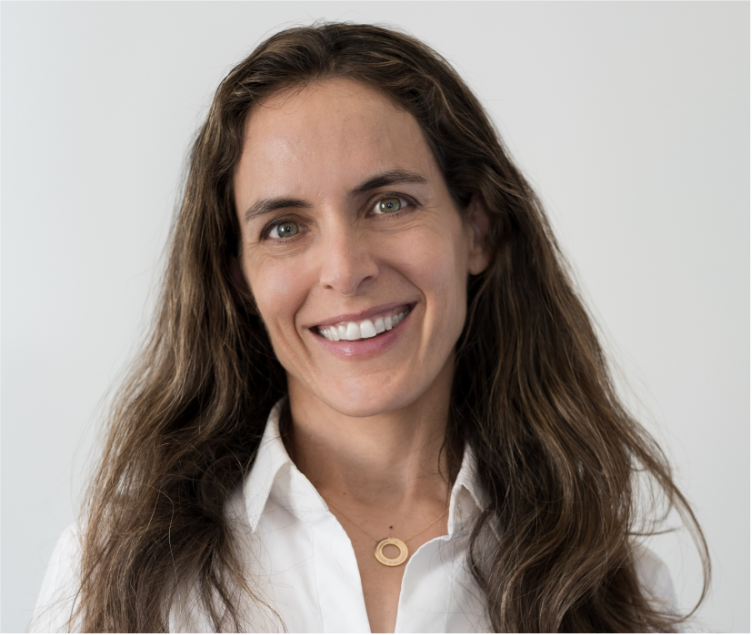
Ruth and Joel Spira Award for Excellence in Teaching
Kevin O’Brien, Emanuel E. Landsman (1958) Career Development Assistant Professor

Ruth and Joel Spira Award for Excellence in Teaching
Phillip Isola, Bonnie and Marty (1964) Tenenbaum Career Development Assistant Professor

2022 MIT Student Chapter ACM/IEEE Best Advisor Award
Virginia Vassilevska Williams, Associate Professor
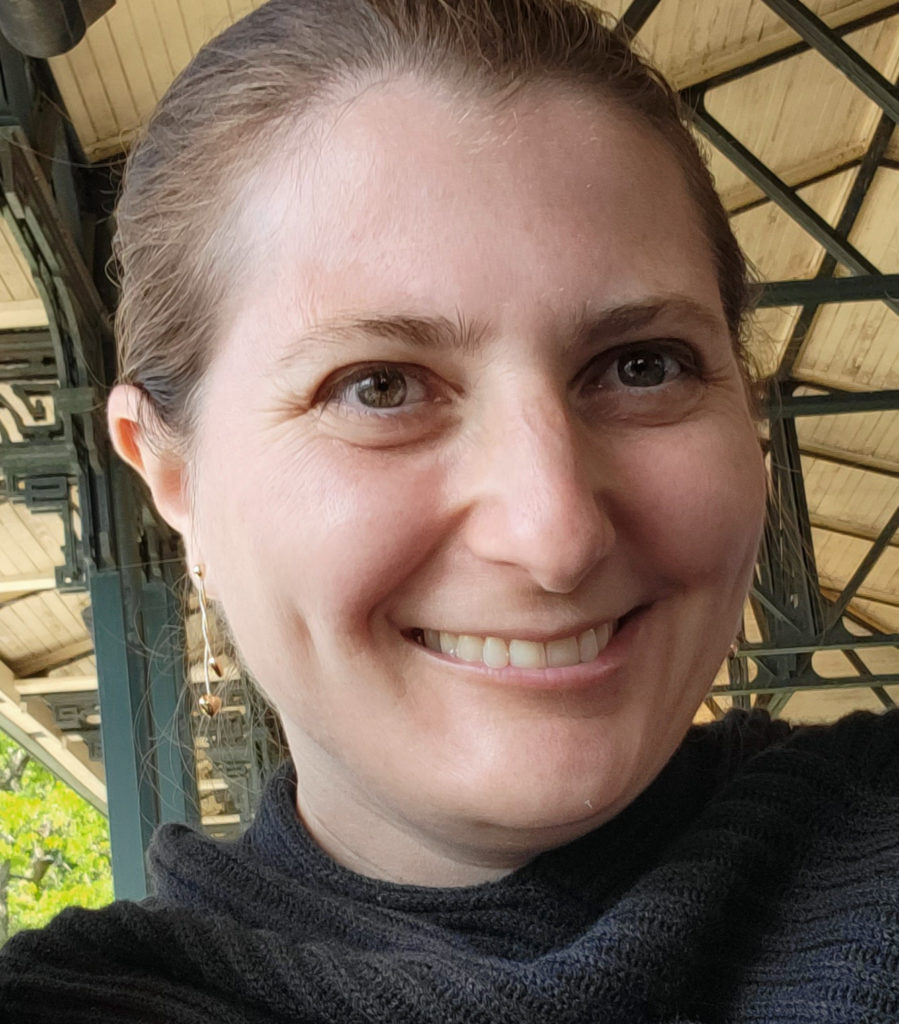
Special Recognitions
Digital Innovation Award
Isaac Chuang, Professor of Electrical Engineering
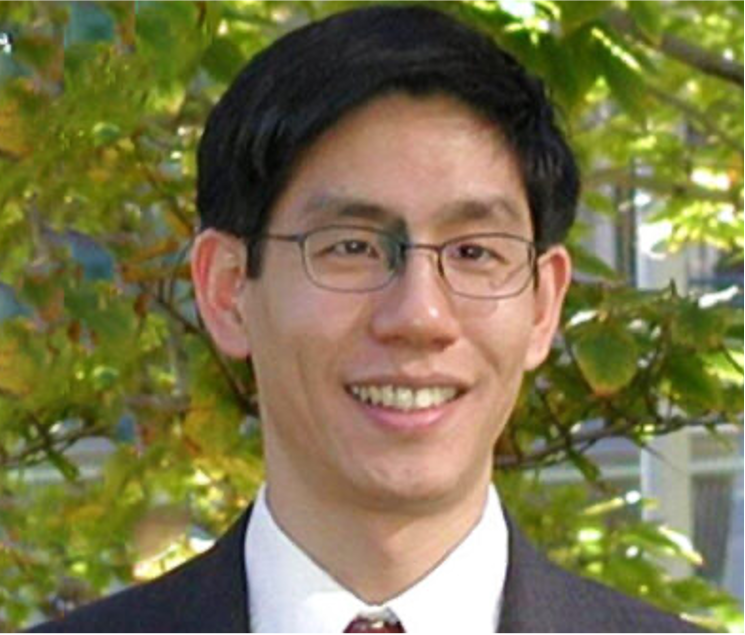
Student Teaching Awards
Carlton E. Tucker Award for teaching excellence
Brynmor Chapman, PhD [2022]
Carlton E. Tucker Award for teaching excellence
Caleb B. Noble, MEng [2022]
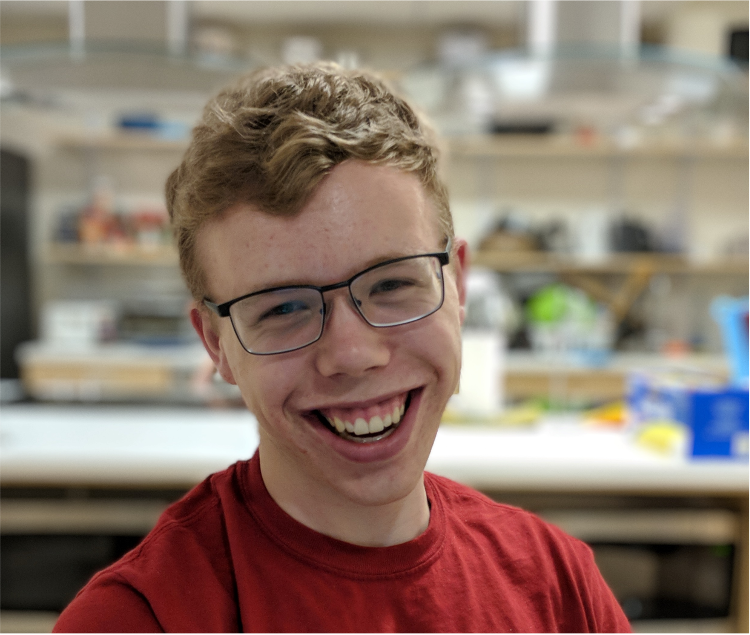
Carlton E. Tucker Award for teaching excellence
Intae Moon, PhD [2023]

Carlton E. Tucker Award for teaching excellence
Julia J. Wang, MEng [2022]
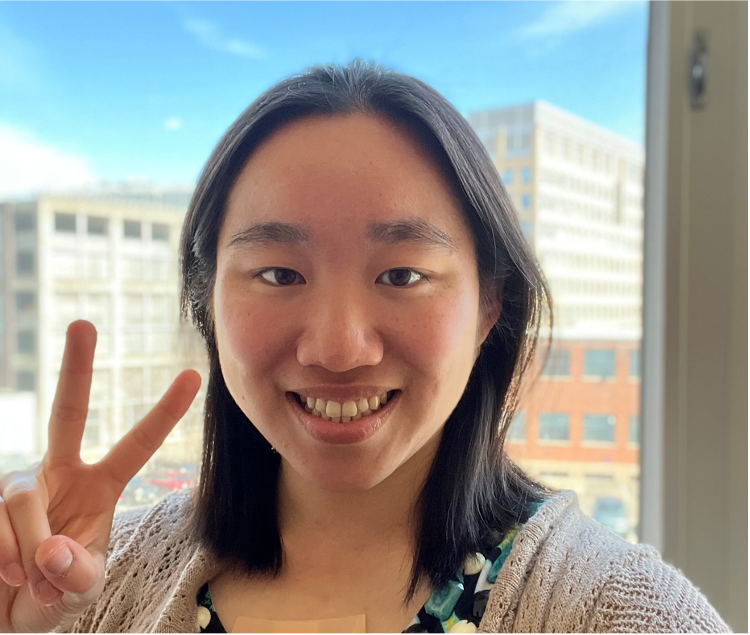
Harold L. Hazen Award for teaching excellence
Vindula M. Jayawardana, PhD [2025]

Harold L. Hazen Award for teaching excellence
Thomas S. Silver, PhD [2022]
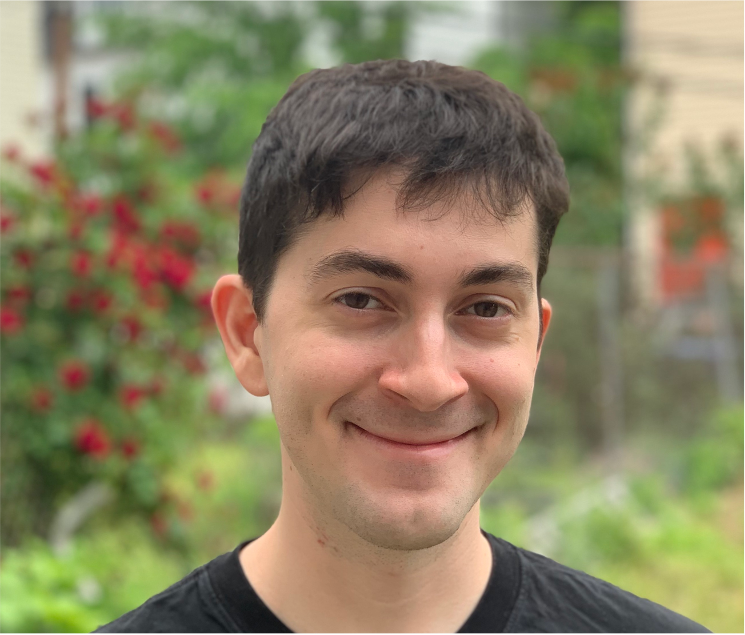
Harold L. Hazen Award for teaching excellence
Suhyoun Yu, PhD [MechE, 2022]
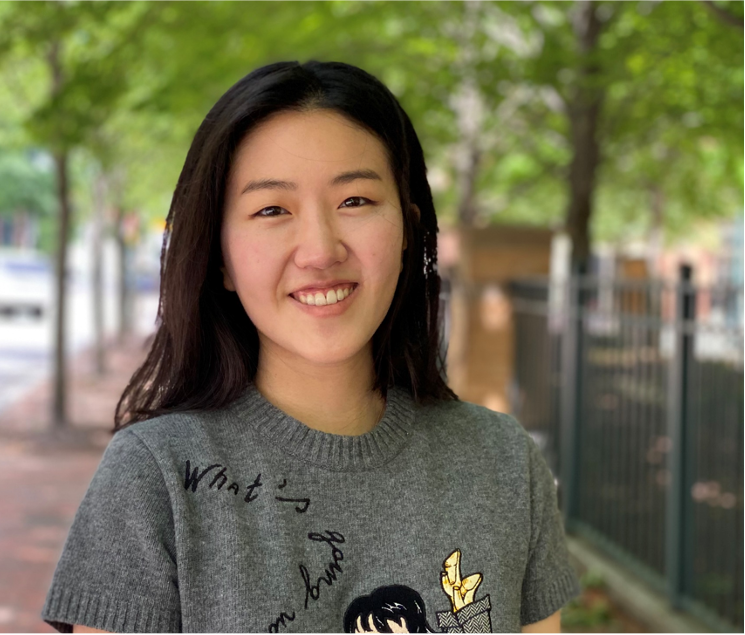
Harold L. Hazen Award for teaching excellence
Timothy D. Zavarella, MEng [2022]
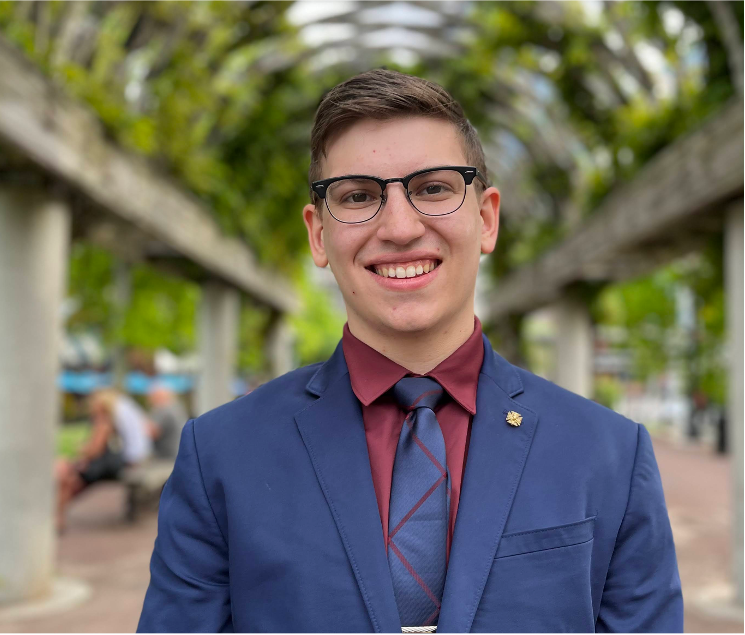
Frederick C. Hennie III Award for Excellence in Teaching
Michael Z. Diao, MEng [2023]
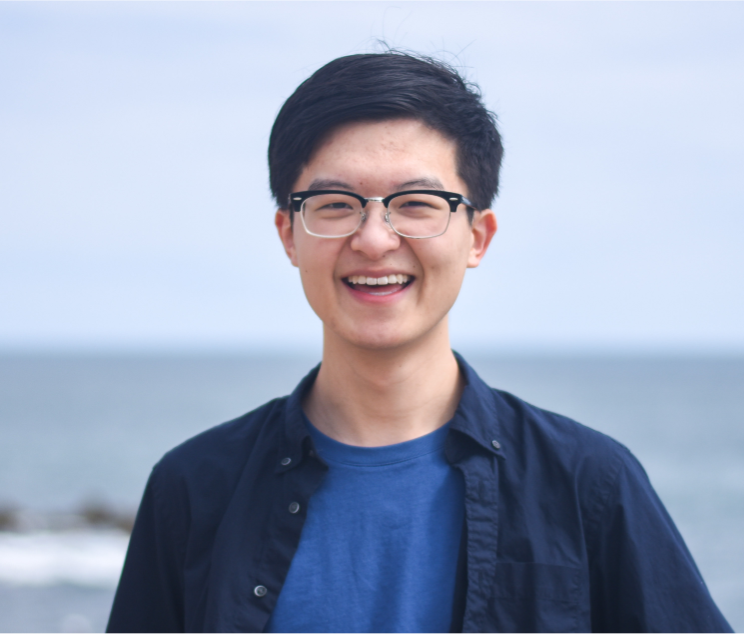
Frederick C. Hennie III Award for Excellence in Teaching
Robert B. Durfee, MEng [2022]

Frederick C. Hennie III Award for Excellence in Teaching
Andres Fabrega, MEng [2022]
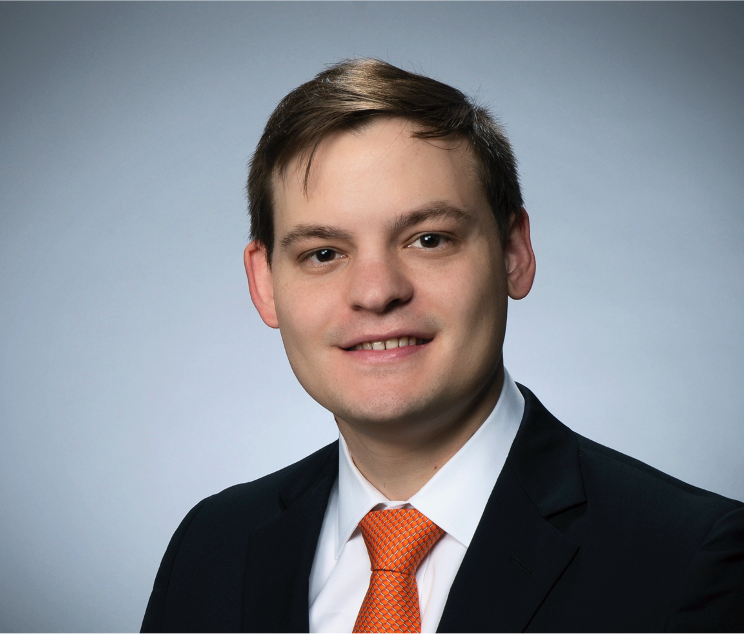
Frederick C. Hennie III Award for Excellence in Teaching
Michael K. Oberst, PhD Student

Frederick C. Hennie III Award for Excellence in Teaching
Grace A. Quaratiello, MEng [2023]
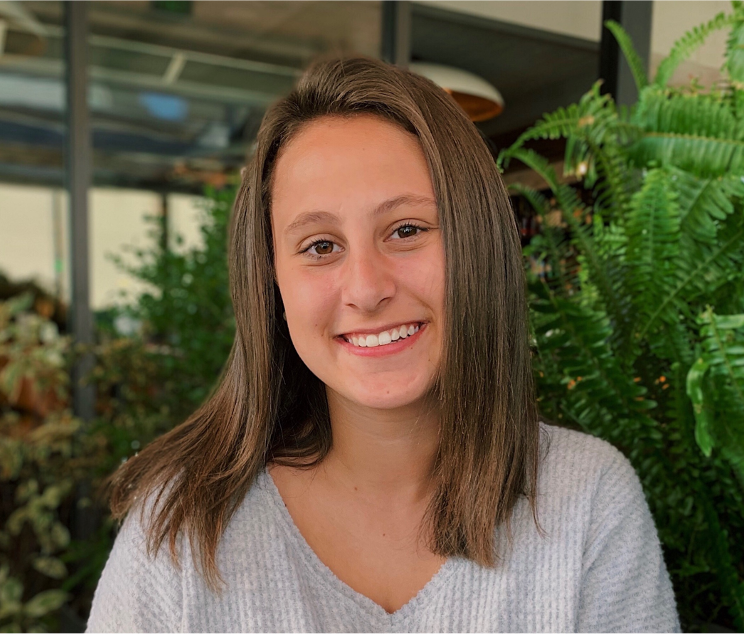
Frederick C. Hennie III Award for Excellence in Teaching
Isabel S. Rosa, MEng [2022]
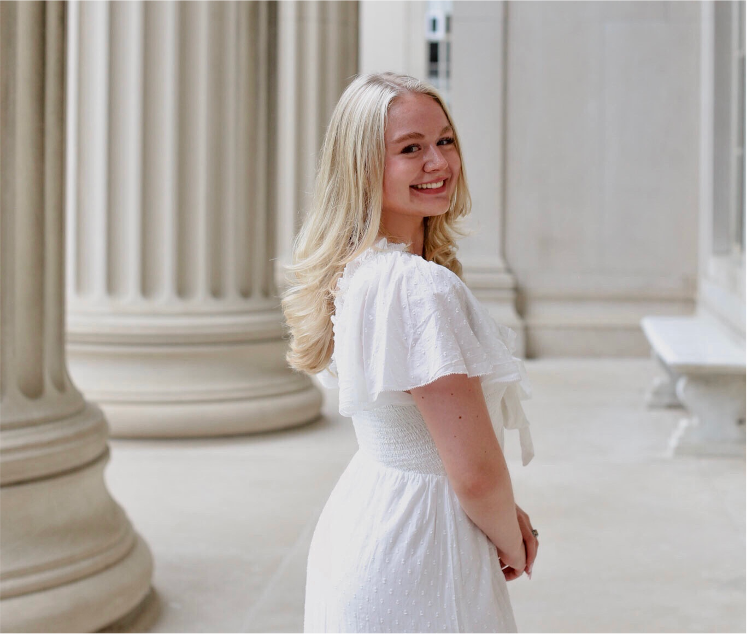
Undergraduate Teaching Assistant (UTA) Award for Teaching Excellence
Kenny Chen, SB [2022]
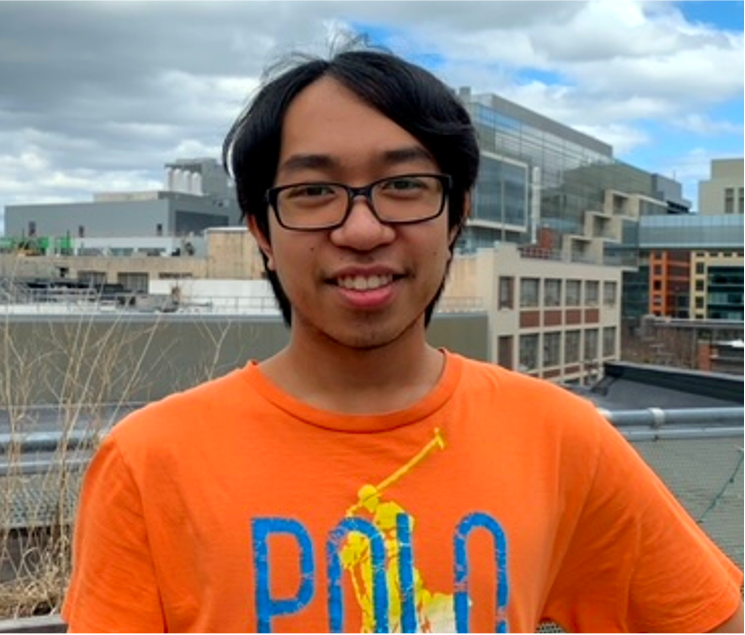
Undergraduate Teaching Assistant (UTA) Award for Teaching Excellence
Shardul A. Chiplunkar, SB [2022]
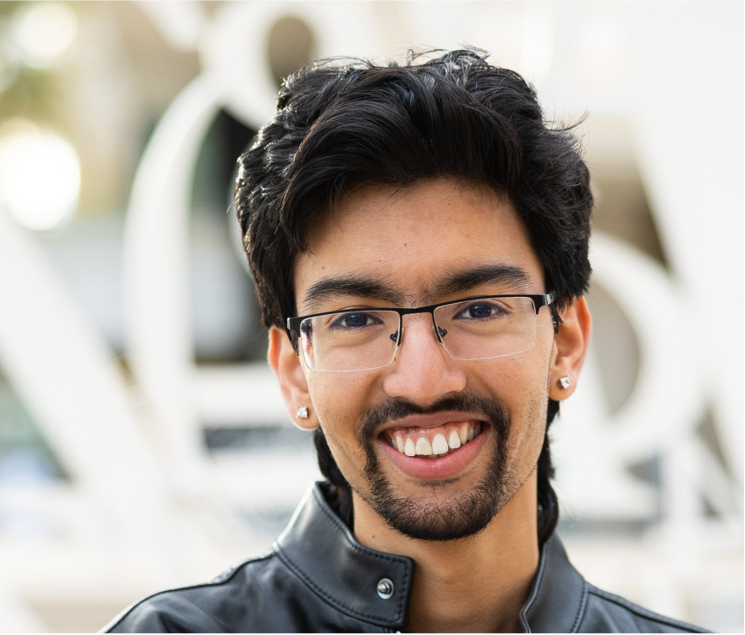
Undergraduate Teaching Assistant (UTA) Award for Teaching Excellence
Holly M. Jackson, SB [2022]
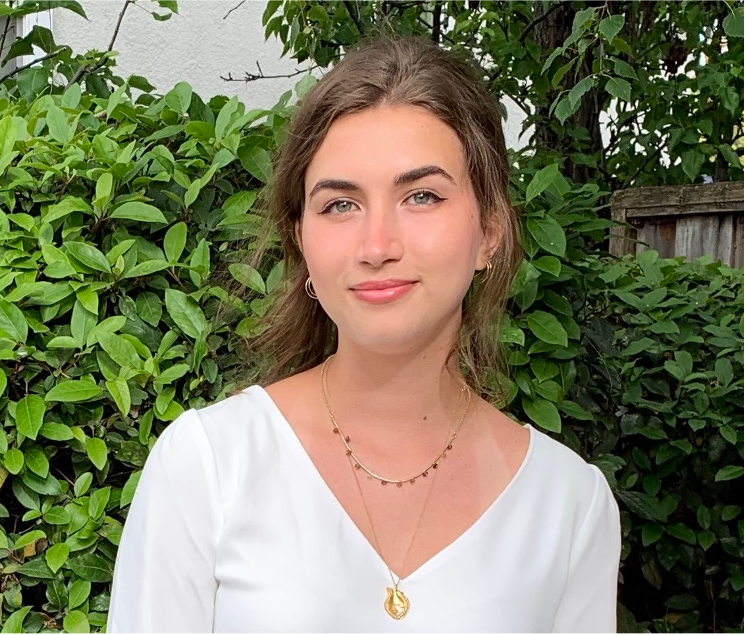
Undergraduate Teaching Assistant (UTA) Award for Teaching Excellence
Jerry W. Mao, SB [2023]
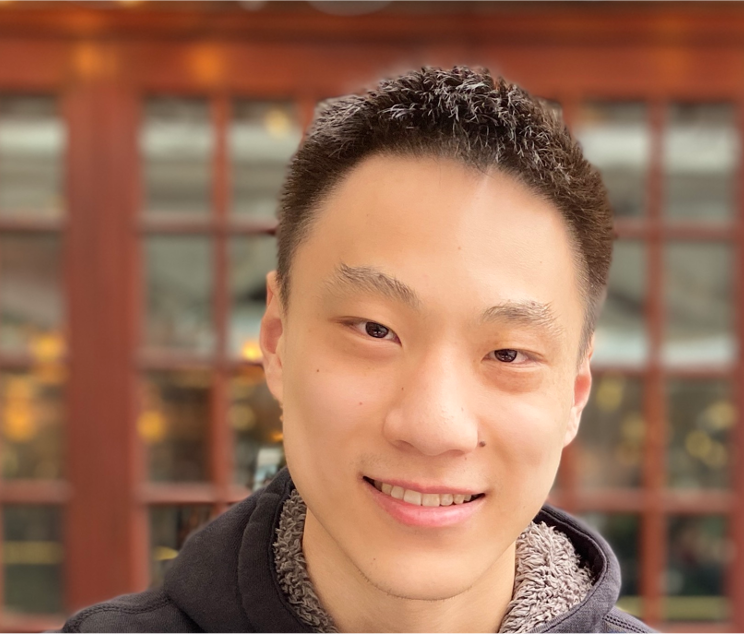
Undergraduate Teaching Assistant (UTA) Award for Teaching Excellence
CJ Quines, SB [2023]
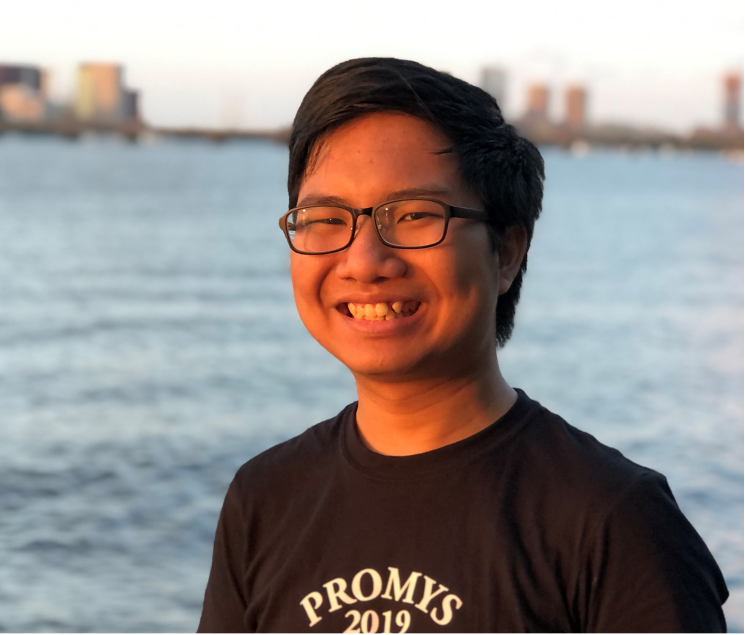
Student Research Awards
Anna Pogosyants UROP Award
Carolina Ortega
Static Linking Optimization
This project focuses on optimization of static linking in order to reduce the space occupied by statically-linked libraries.
Supervisor: Howard Shrobe
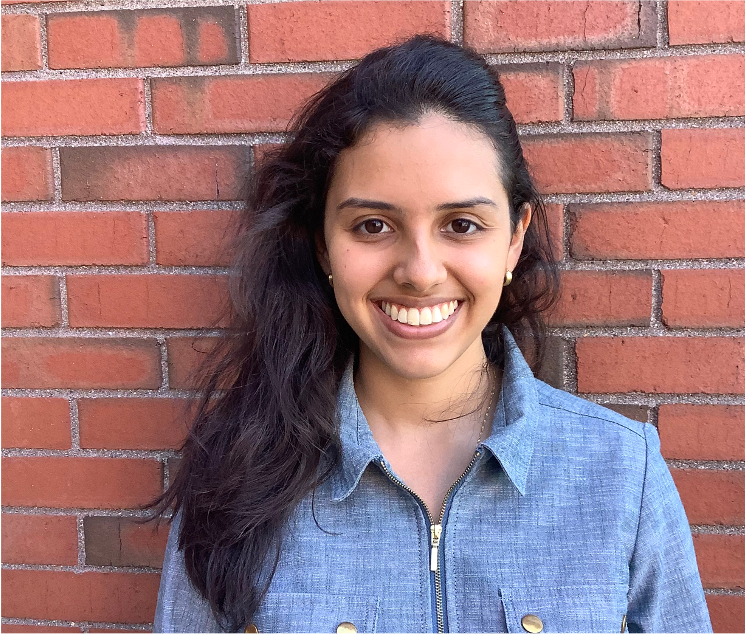
Jeremy Gerstle UROP Award in AI
Jagdeep Bhatia
Evolution Gym: A Large-Scale Benchmark for Evolving Soft Robots
A comprehensive evaluation benchmark for co-optimization in robot design.
Supervisor: Wojciech Matusik
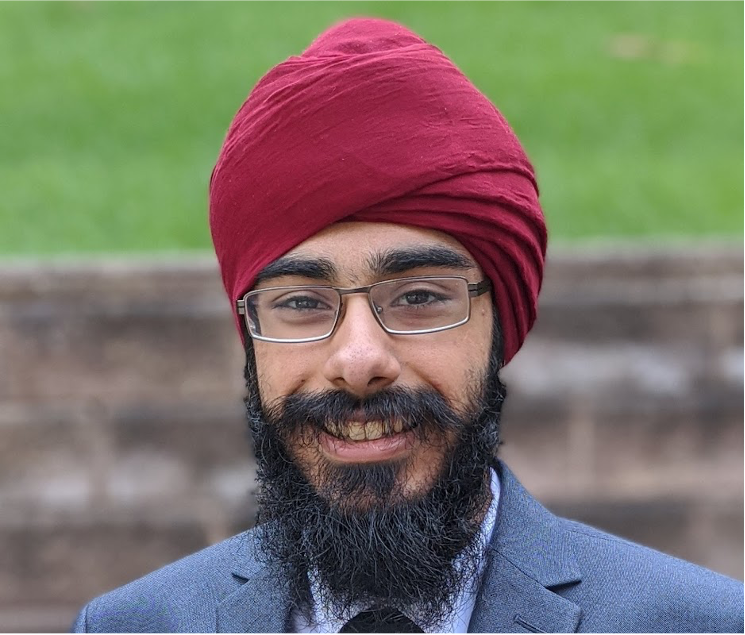
Morais (1986) and Rosenblum (1986) UROP Award
Ahmad Taka
InfraredTags: 3D Printed Invisible Codes Fabricated from Infrared-Transmitting Filaments and Rapidly Detected by Low-Cost Cameras
2D markers and barcodes imperceptible to the naked eye that can be 3D printed as part of objects, and detected rapidly by low-cost near-infrared cameras.
Supervisor: Stefanie Mueller
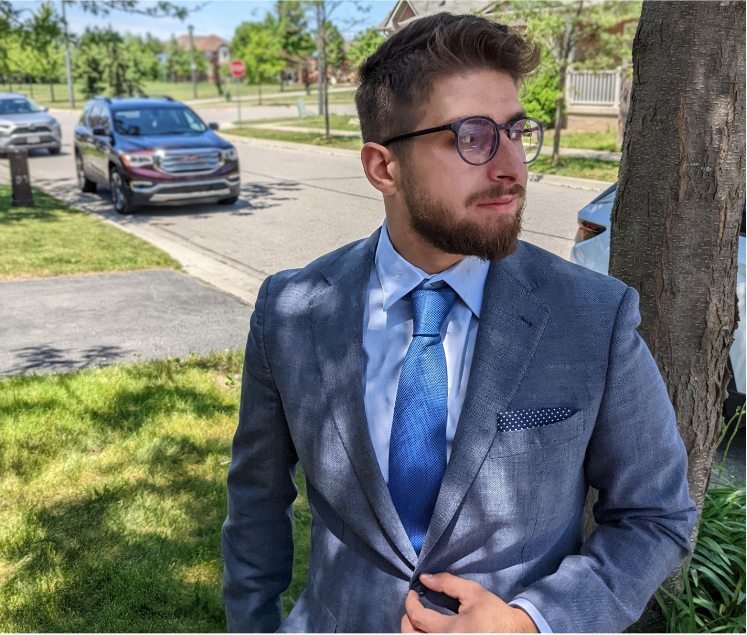
Robert M. Fano UROP Award
Jack Cook
There’s Always a Bigger Fish:
A Clarifying Analysis of a Machine-Learning-Assisted Side-Channel Attack
In this paper, we show that a state-of-the-art website-fingerprinting attack powered by machine learning was only partially analyzed and provide additional analysis clarifying the mechanisms behind this powerful attack.
Supervisor: Mengjia Yan

Student Class Awards
David A. Chanen Writing Award
Ananya Jain
6.033 Project:
ACES: A Cooperative Energy System
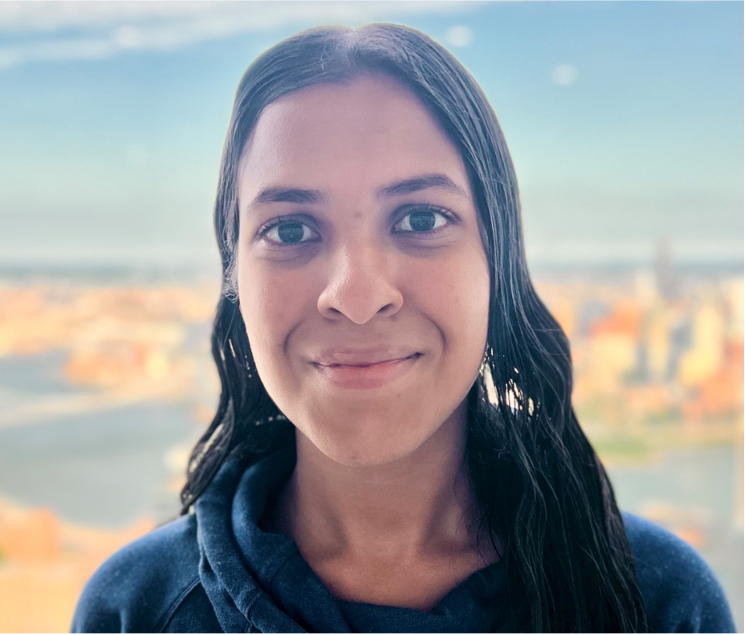
David A. Chanen Writing Award
Cecilia D. Chen
6.033 Project:
ACES: A Cooperative Energy System
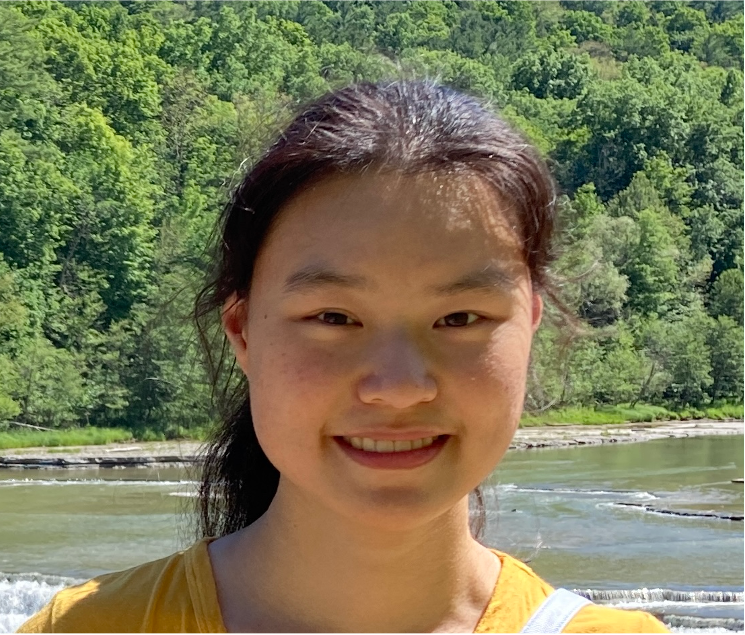
David A. Chanen Writing Award
Emily S. Lu
6.033 Project:
ACES: A Cooperative Energy System
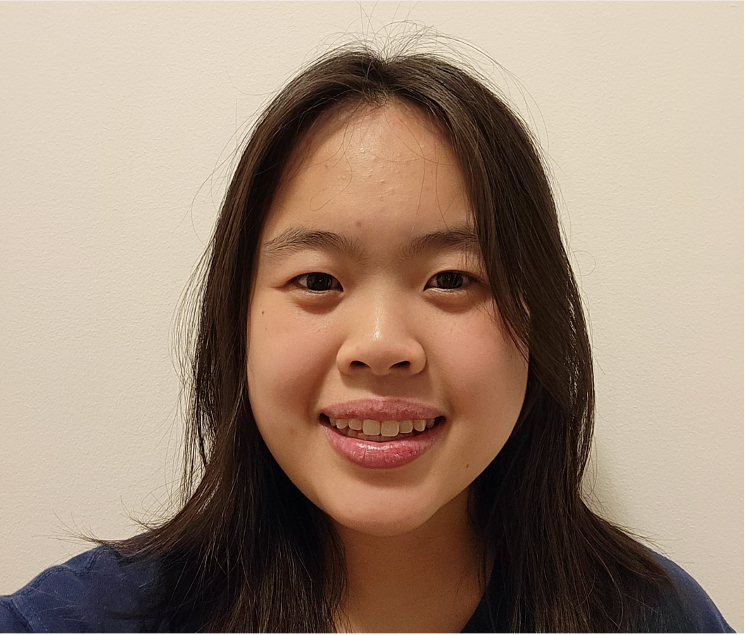
George C. Newton Undergraduate Laboratory Award (6.111 Group Project)
Adrianna D. Wojtyna
Project:
Nonogrammer: A Nonogram Platform For FPGA
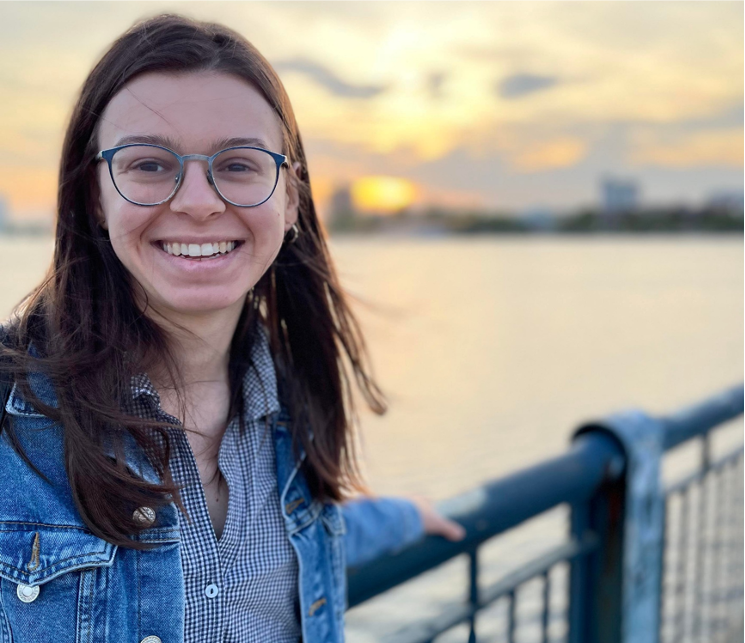
George C. Newton Undergraduate Laboratory Award (6.111 Group Project)
Reagan Ferguson
Project:
Nonogrammer: A Nonogram Platform For FPGA
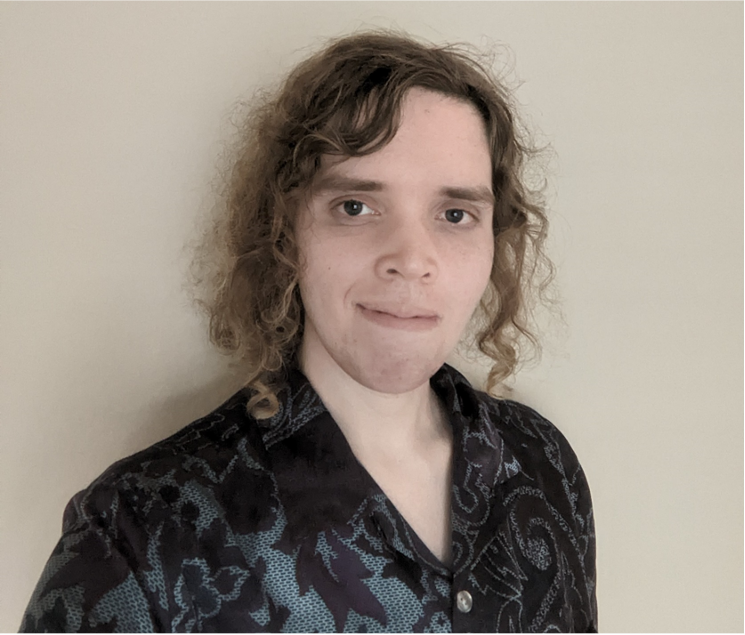
Northern Telecom/BNR Undergraduate Laboratory Award (6.111 Group Project)
Rolando A. Gonzalez
Project:
Digital Storage Oscilloscope
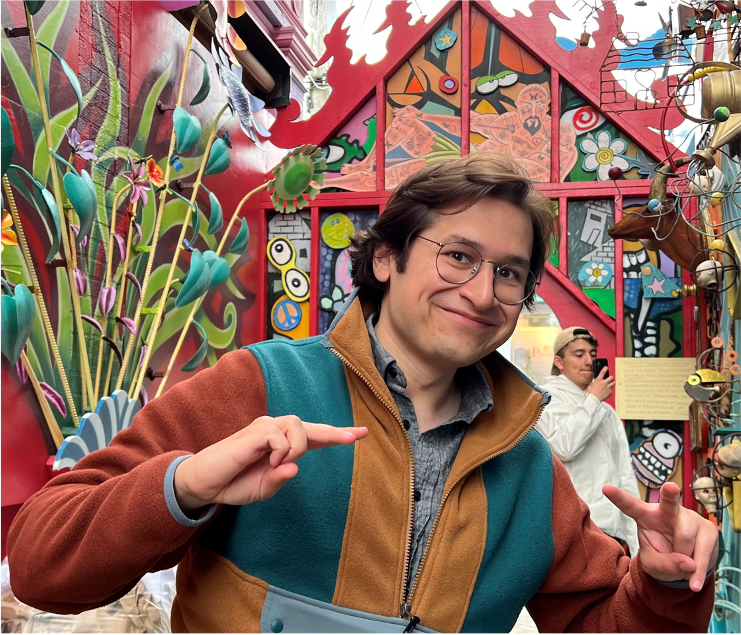
Student Thesis Awards
Charles & Jennifer Johnson Artificial Intelligence and Decision-Making MEng Thesis Award
Lujing Cen
Learned Encodings in SageDB
This project is focused on integrating learned encodings into SageDB, a database capable of accelerating queries by analyzing and adapting to different workloads.
Supervisor: Tim Kraska
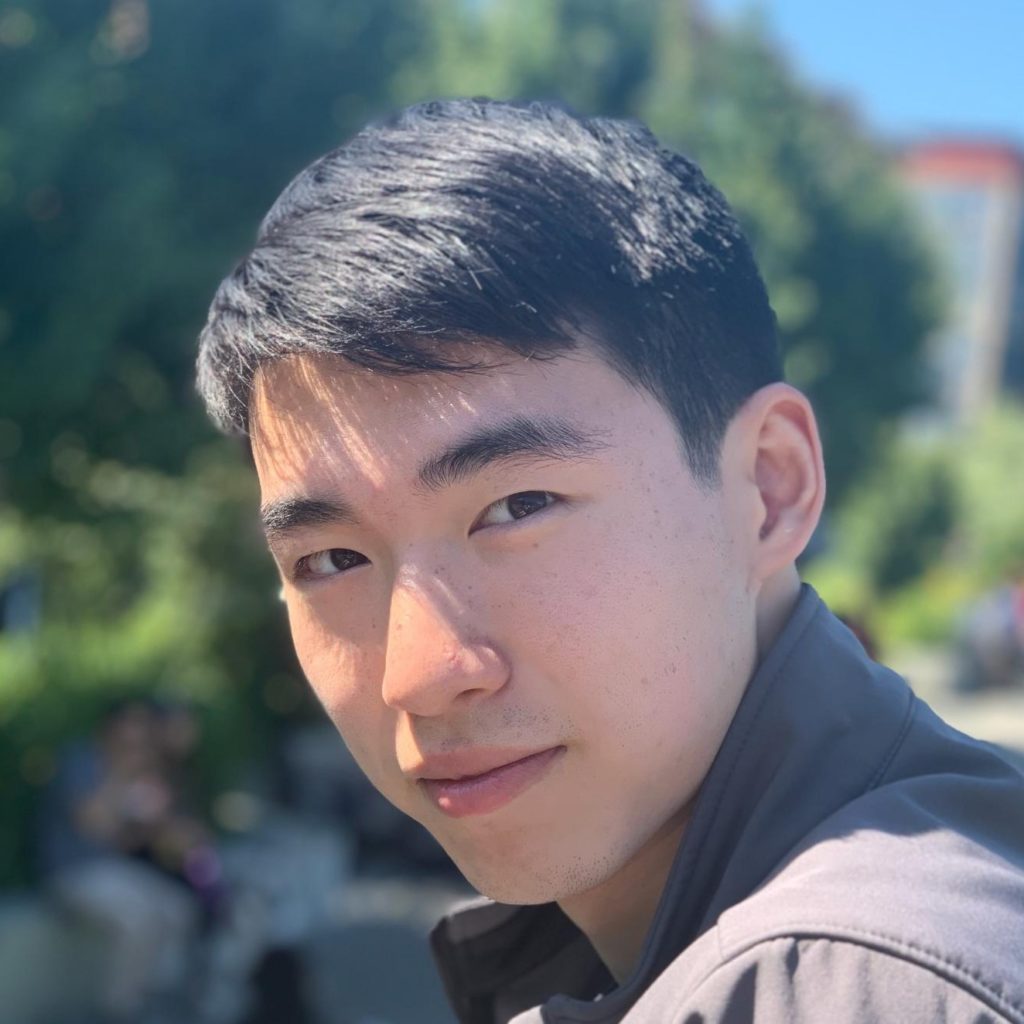
Charles & Jennifer Johnson Artificial Intelligence and Decision-Making MEng Thesis Award
Hector J. Vazquez Martinez
The Acceptability Delta Criterion: Memorization is not enough.
This thesis takes steps toward a test of KoL that meets all three requirements by proposing the LI-Adger dataset: a comprehensive collection of 519 sentence types spanning the field of generative grammar, accompanied by attested and replicable human acceptability judgements for each of the 4177 sentences in the dataset, and complemented by the Acceptability Delta Criterion.
Supervisor: Robert Berwick

Charles & Jennifer Johnson Computer Science MEng Thesis Award
Jiajia Zhao
The Power of Social Information in Distributed Consensus in Ant-Colonies: Model and Analysis
The decentralized cognition of animal groups is both a challenging biological problem and a potential basis for bio-inspired engineering design. The understanding of these systems and their application can benefit from modeling and analysis of the underlying algorithms. In Chapter 2, we define a modeling framework that can be used to formally represent all components of such algorithms.
Supervisor: Nancy Lynch
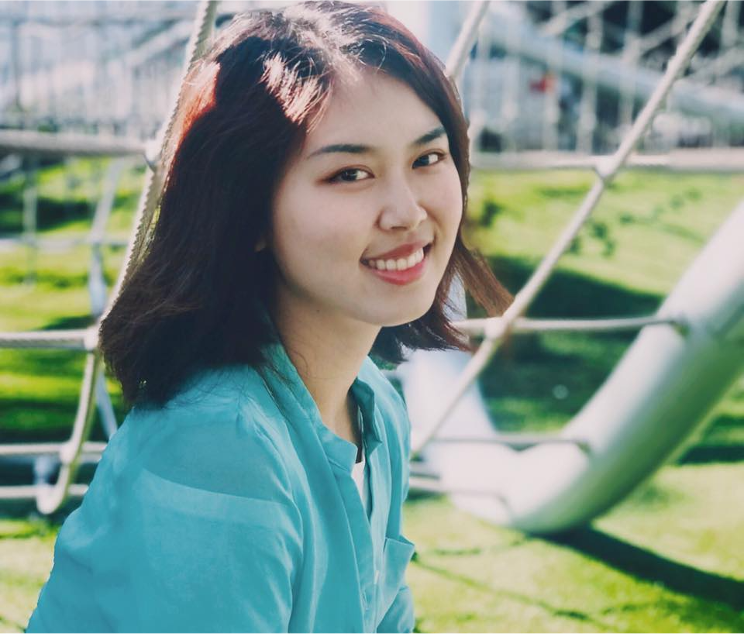
Charles & Jennifer Johnson Computer Science MEng Thesis Award
Yianni Giannaris
Securing Operating Systems using Hardware-Enforced Compartmentalization
We present Hardware-Assisted Kernel Compartments (HAKC), a solution that mitigates exposure to security vulnerabilities by leveraging modern commodity Arm hardware and automatic LLVM instrumentation to enforce compartmentalization in an effective manner without requiring significant developer effort.
Supervisors: Howard Shrobe, Hamed Okhravi,
Nathan Burow
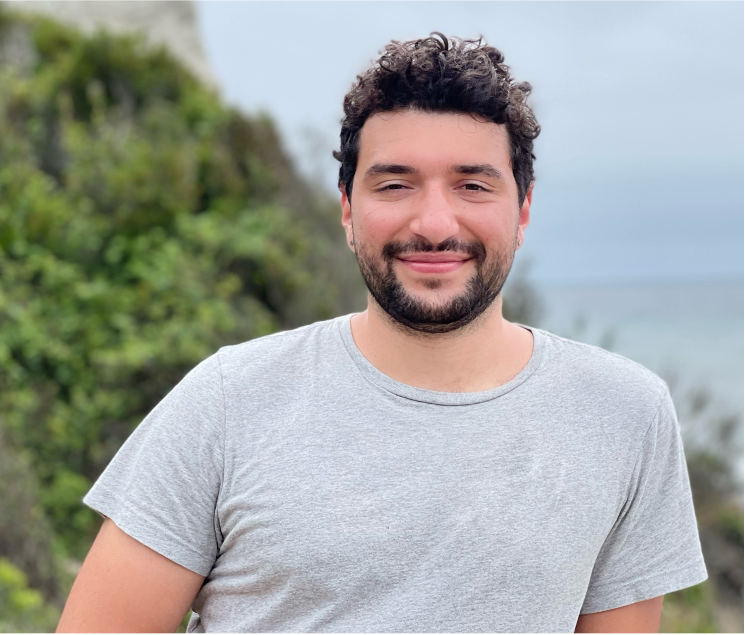
George M. Sprowls PhD Thesis Award
Dimitris Tsipras
Learning Through the Lens of Robustness
A consideration of the framework of robust optimization and study how these tools can be leveraged in the context of modern ML models.
Supervisor: Aleksander Madry
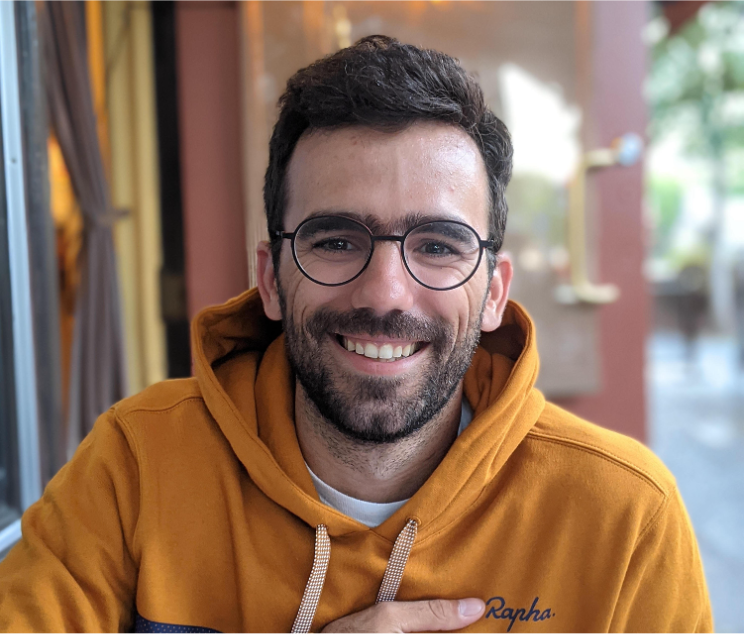
George M. Sprowls PhD Thesis Award
Wengong Jin
Graph Representation Learning for Molecule Screening and Generation
The goal of this thesis is to substantially accelerate this process by developing machine learning (ML) algorithms for three key steps in drug discovery pipeline.
Supervisor: Regina Barzilay
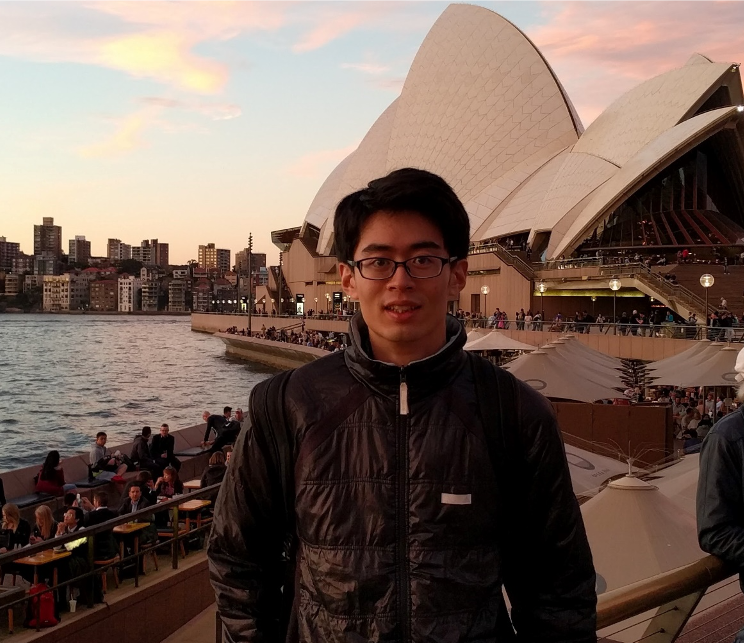
George M. Sprowls PhD Thesis Award
Shibani V. Santurkar
Machine Learning Beyond Accuracy: A Features Perspective On Model Generalization
In this thesis, we revisit adversarial examples, to use them as a window into current models and develop a suite of tools to get a better grasp on: (i) what features models learn, (ii) why they learn them, and (iii) how one can modify the learned features at train or test time.
Supervisor: Aleksander Madry
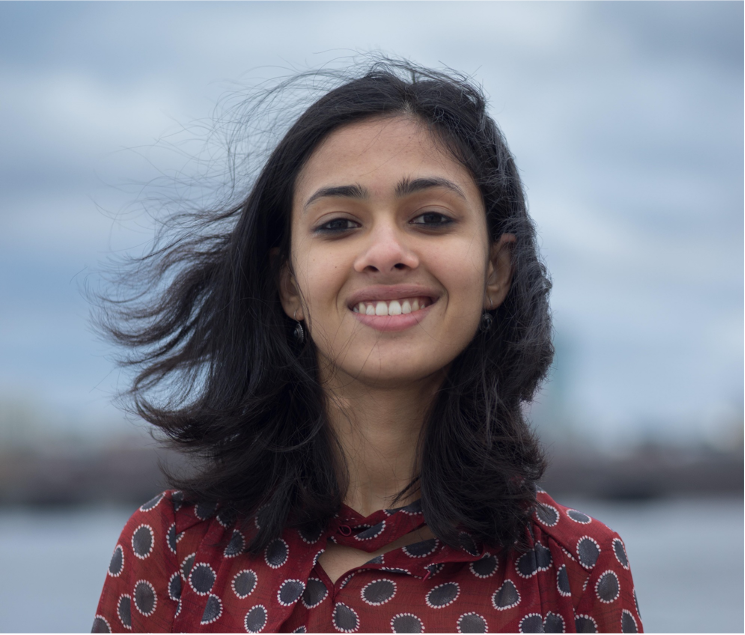
George M. Sprowls PhD Thesis Award
Yuanming Hu
The Taichi High-Performance and Differentiable Programming Language for Sparse and Quantized Visual Computing
An imperative and parallel programming language, tailored for developing high-performance visual computing systems.
Supervisor: Fredo Durand
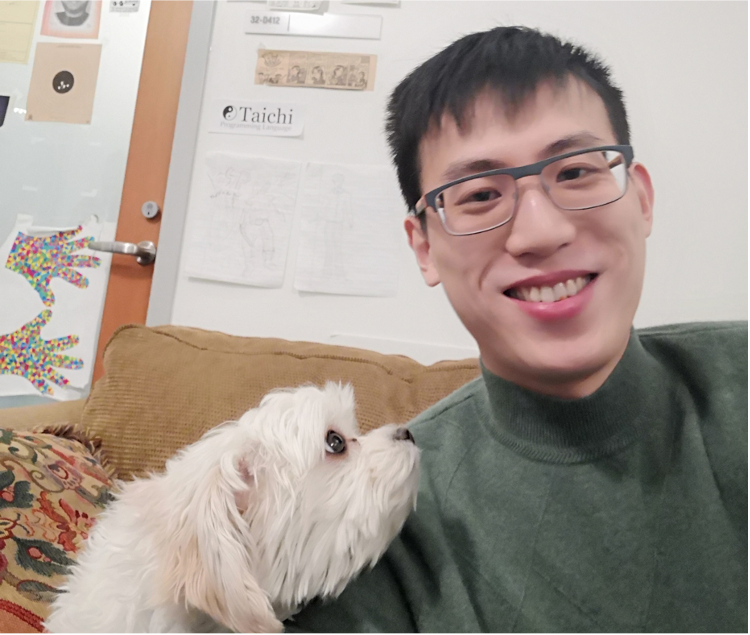
George M. Sprowls PhD Thesis Award
Keyulu Xu
Modeling Intelligence via Graph Neural Networks
Addresses the fundamental problem of modeling intelligence that can learn to represent and reason about the world from the lens of graph neural networks, a class of neural networks acting on graphs.
Supervisor: Stefanie Jegelka

George M. Sprowls PhD Thesis Award
Sajjad Mohammadi Yangijeh
Modeling, Design, Identification, Drive, and Control of a Rotary Actuator with Magnetic Restoration
This thesis investigates the design, modeling, identification, drive, and control of an actuator with magnetic restoration. The design considerations are explained, FEM is used in the analysis, and a prototype is built for lab experiments.
Supervisor: James Kirtley, Jeffrey Lang
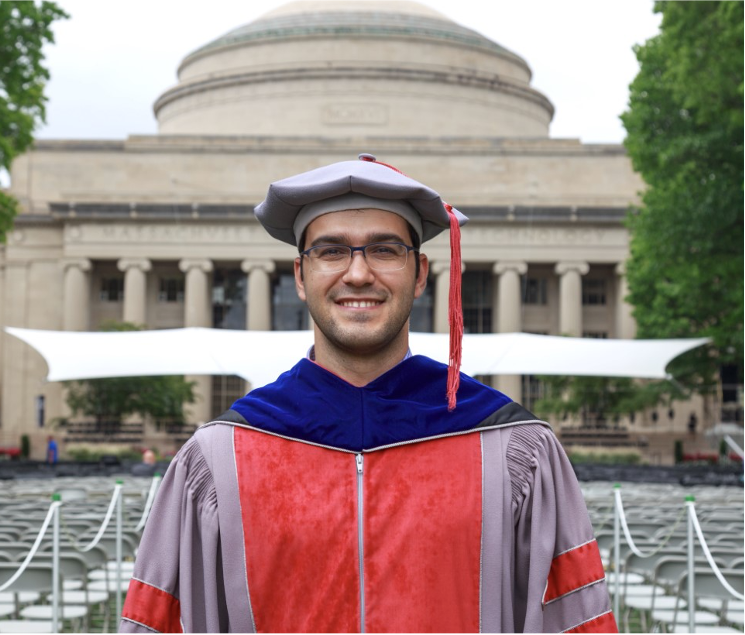
George M. Sprowls PhD Thesis Award
Sara Achour
Compilation Techniques for Reconfigurable Analog Devices
Compilation techniques for automatically configuring such devices to execute dynamical systems and a presentation of the first compiler that automatically targets a physical dynamical system-solving reconfigurable analog device of this class.
Supervisor: Martin Rinard
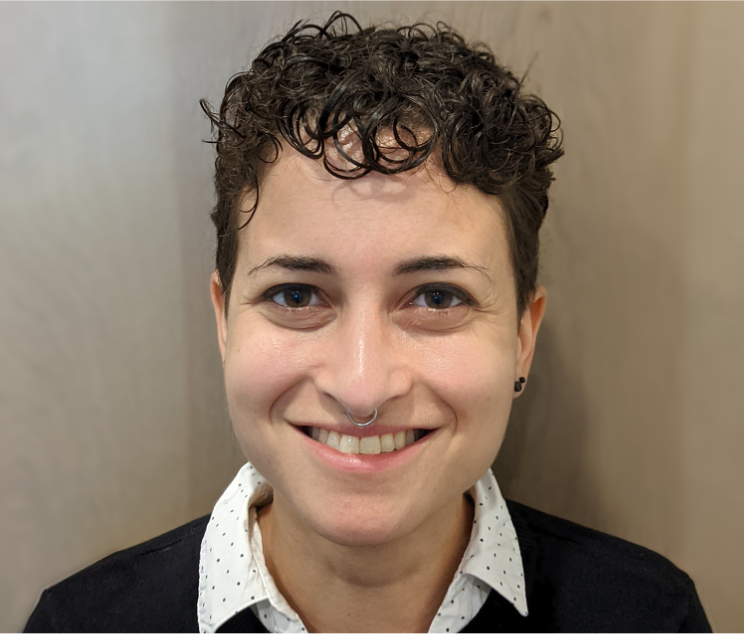
William A. Martin Master’s Thesis Award in Computer Science
Shyam S. Narayanan
New Models and Algrorithms for Distribution Testing: Beyond Standard Sampling
A study of distribution testing under two models: the Conditional Sampling Model and the Learning-Based Frequency Model.
Supervisor: Piotr Indyk
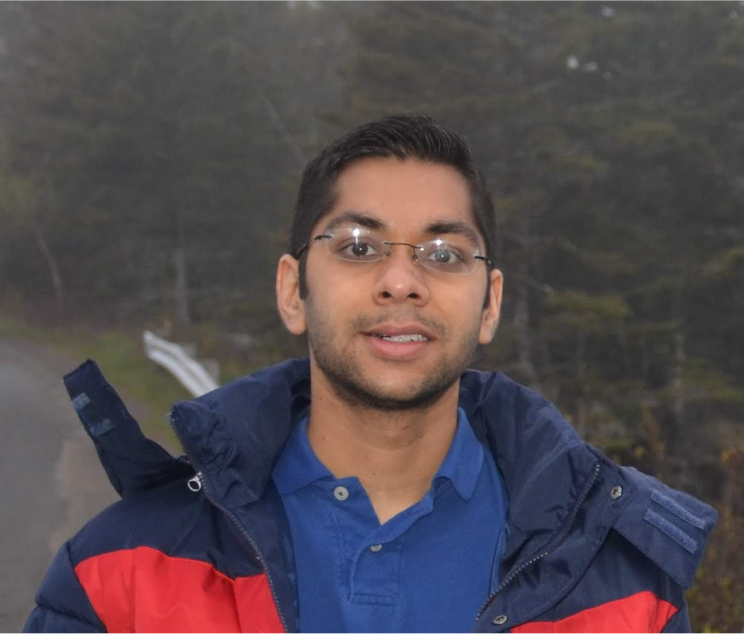
William A. Martin Master’s Thesis Award in Computer Science
Sacha Servan-Schreiber
Private Similarity Search with Sublinear Communication
The first lightweight protocol for private nearest neighbor search.
Supervisor: Srini Devadas
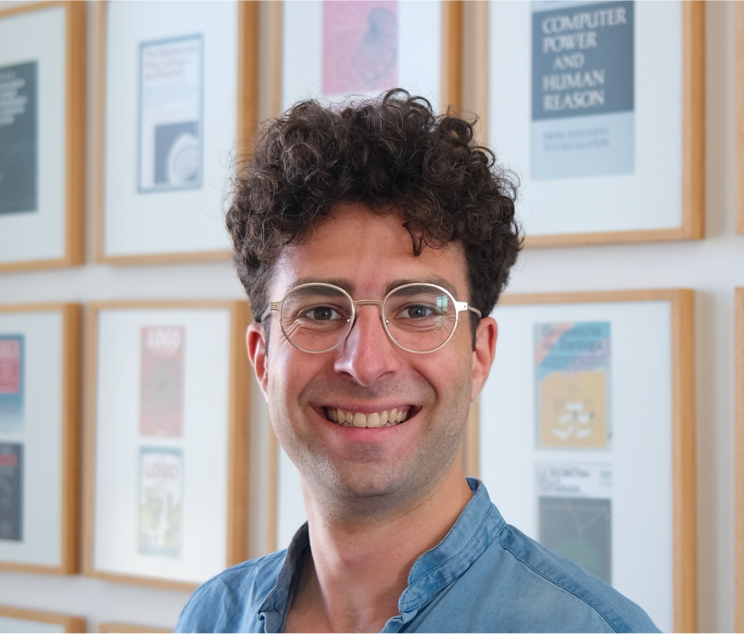
Ernst A. Guillemin Master’s Thesis Award in Artificial Intelligence and Decision Making
Kai Jia
Towards Reliable AI via Efficient Verification of Binarized Neural Networks
A presentation of techniques for ensuring neural network robustness against input perturbations and checking safety properties that require a network to produce certain outputs for a set of inputs.
Supervisor: Martin Rinard
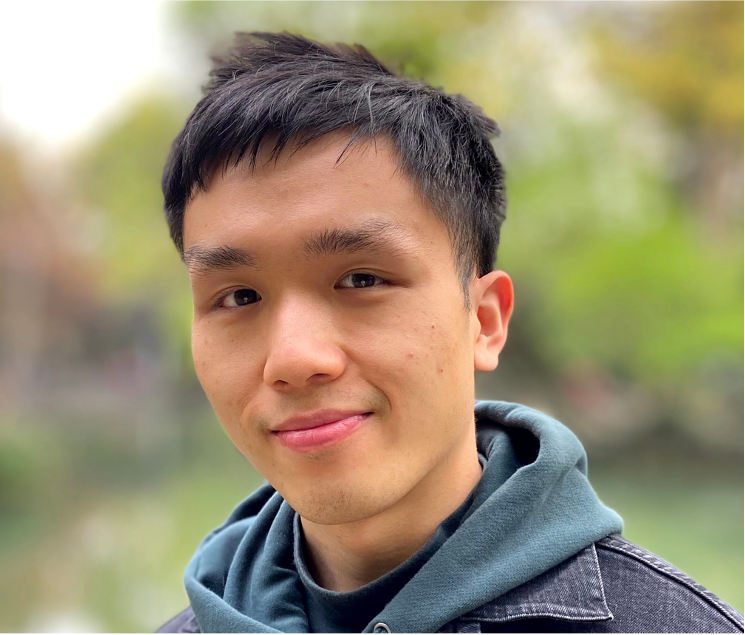
Ernst A. Guillemin Master’s Thesis Award in Artificial Intelligence and Decision Making
Beichen Li
Computational Discovery of Microstructured Composites with Optimized Trade-Off between Strength and Toughness
A proposal of a computational pipeline where microstructures with optimal strength and toughness trade-offs are automatically discovered and analyzed for intrinsic toughening mechanisms.
Supervisor: Wojciech Matusik
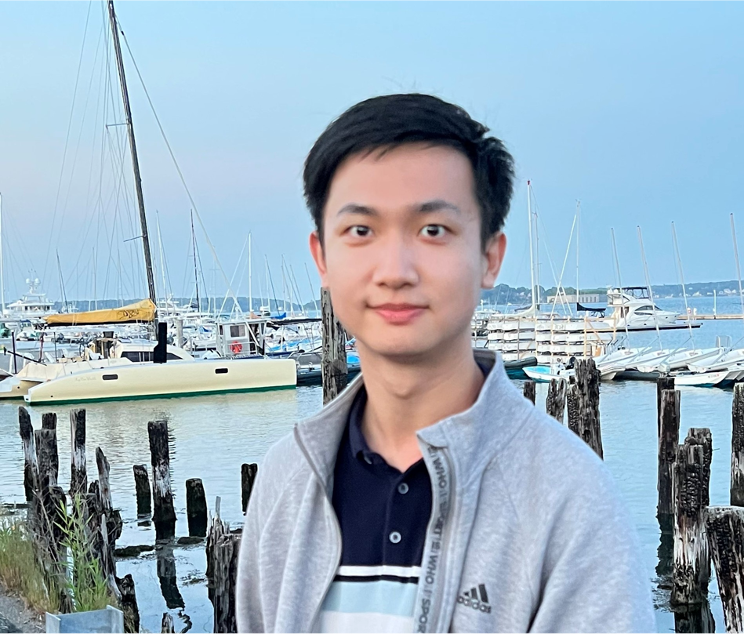
Ernst A. Guillemin Master’s Thesis Award in Artificial Intelligence and Decision Making
Gabriel B. Margolis
Learning Robust Terrain-Aware Locomotion
A proposal of a trajectory-based abstraction for locomotion through which model-free and model-based control layers interface.
Supervisor: Pulkit Agarwal
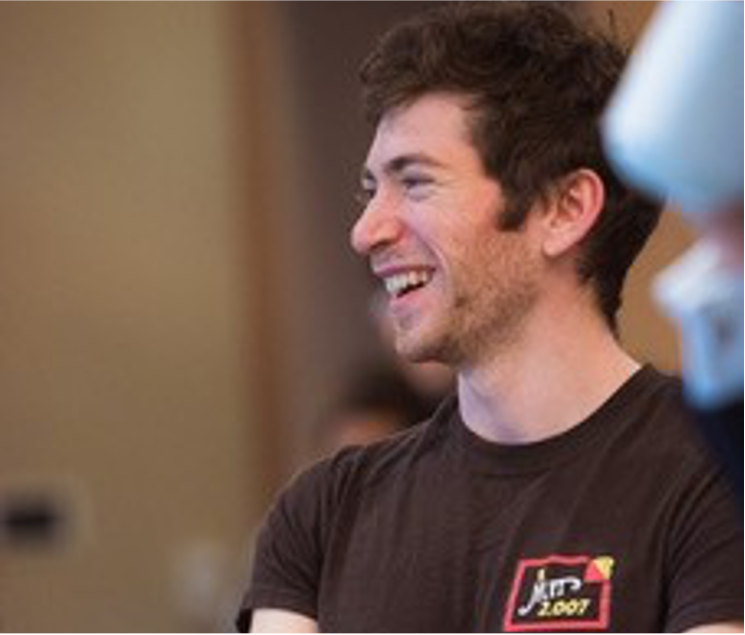
J. Francis Reintjes Excellence in 6-A Industrial Practice Award
Gregory M. Pailet
Company: Sky, UK
Using Sports Videos to Showcase Exciting Content to Views
An exploration of generating highlight videos from sports games through the means of assessing the level of excitement of such videos to extract interesting moments from a game as well as utilize NLP techniques to generate captions for such videos.
Supervisor: Robert Berwick

J. Francis Reintjes Excellence in 6-A Industrial Practice Award
Renbin Liu
Company: Sky, UK
Real-time Social Media Content Recommendation for Live Sports Events
A thesis developed in the course of a Data Science internship with Sky UK in London, England.
Supervisor: Tomas Palacios
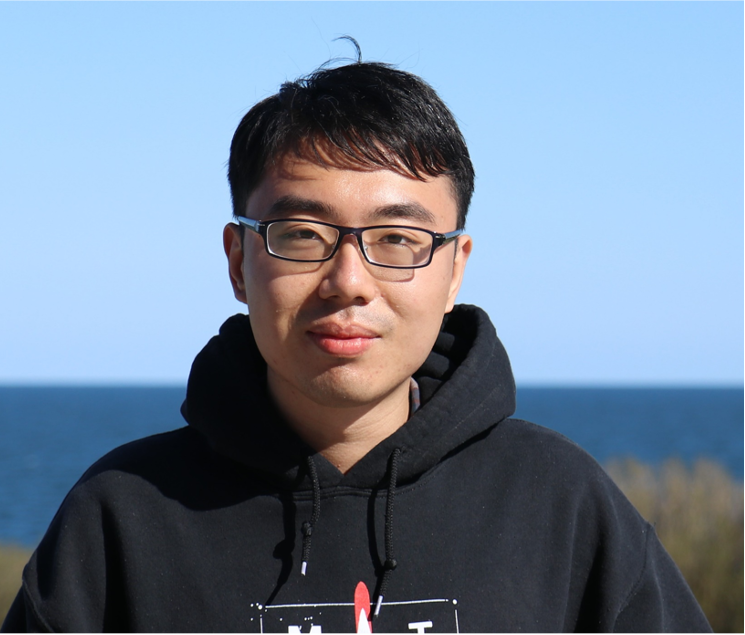
Media Inquiries
Journalists seeking information about EECS, or interviews with EECS faculty members, should email eecs-communications@mit.edu.
Please note: The EECS Communications Office only handles media inquiries related to MIT’s Department of Electrical Engineering & Computer Science. Please visit other school, department, laboratory, or center websites to locate their dedicated media-relations teams.